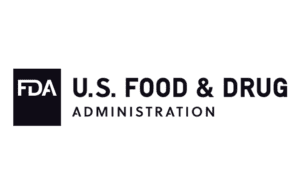 To date, FDA has been cautious in its consideration of COVID-19 vaccine boosters. Now, the agency seems to be staying the course.
To date, FDA has been cautious in its consideration of COVID-19 vaccine boosters. Now, the agency seems to be staying the course.
In a recently published document summarizing its current view of Moderna’s booster application, the agency concluded that Moderna had not met all of its criteria for authorization.
Rather than taking a position, the agency was ambivalent in its references to Moderna’s (NSDQ:MRNA) request. While a third dose led to higher antibody levels, it did not meet the endpoint of increasing antibody levels sufficiently across a high percentage of study volunteers. Although 88% of recipients had an at least four-fold increase in neutralizing antibody titers with a booster, their seroresponse rate “did not meet the pre-specified immunobridging success criterion,” the FDA document noted.
Moderna’s application asked the agency to authorize boosters for the same populations now eligible for an additional dose of the Pfizer-BioNTech vaccine: adults 65 and older, those 18 to 64 with a high COVID-19 and individuals 18 to 64 with a high risk of occupational or institutional exposure. Additionally, the company asked that boosters be administered at least six months after the second dose, which is the same window Pfizer (NYSE:PFE) had requested.
Moderna also requested that the amount of mRNA in a dose be cut in half from 100 μg in the first two doses to 50 μg.
The company initially submitted data related to boosters in early September.
Peter Marks, now the acting vaccine director at FDA, signaled last week in a webinar that the growing availability of data may convince the agency to make boosters available to all eligible adults 18 and older.
An FDA advisory panel will meet on October 14 and 15 to discuss the prospect of authorizing boosters of the Moderna and Janssen COVID-19 vaccines.
MRNA shares closed at $311.13 apiece today, rising 1.98%.